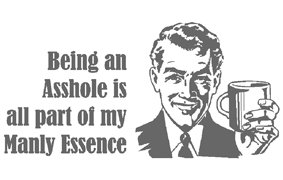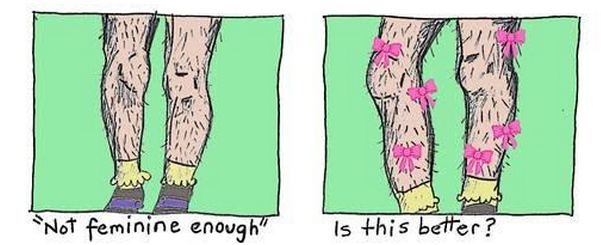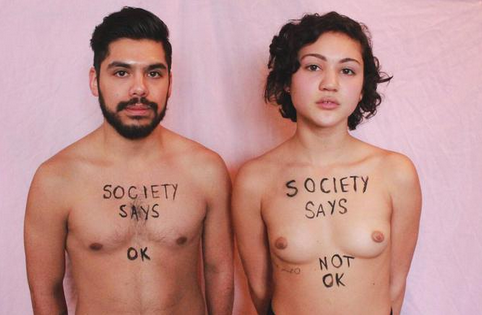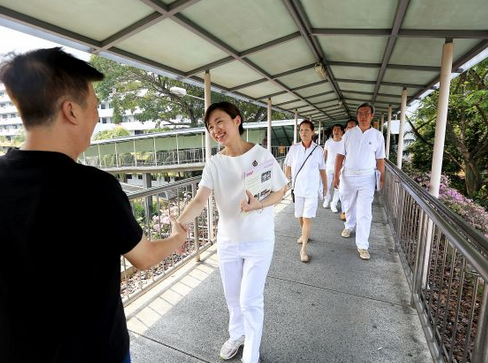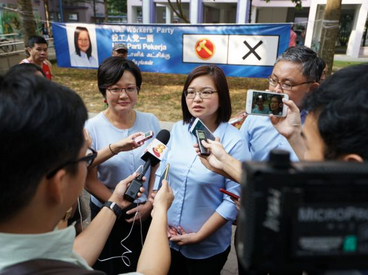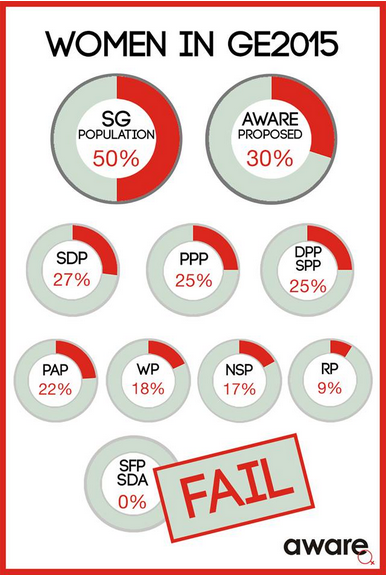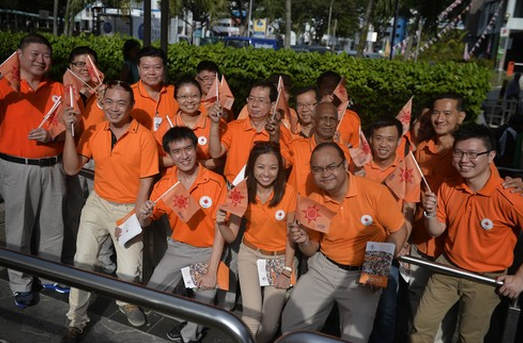Written by Rhyhan Astha, Change Maker
YouTube videos. The drug of today’s youth. YouTubers clamour to gain subscribers, producing seemingly harmless comedic videos to give viewers a short chuckle. Yet, in Singapore, many of these videos frequently and tactlessly use outdated sexist tropes for distasteful comedic effect.
Sexist Video #1: Guys vs Girls: Teenagers
This video is by Jianhao Tan, a prominent YouTuber with over 430,000 subscribers and just over 85,000,000 views.
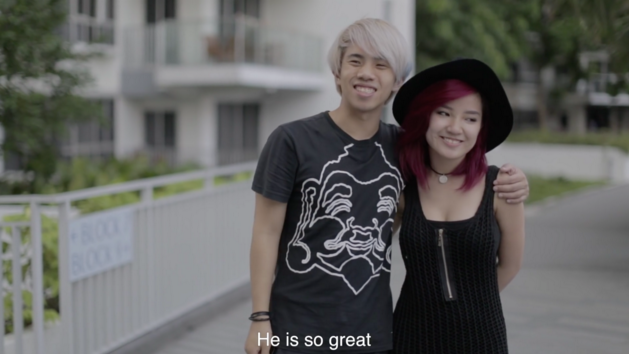
The scenario portrayed in the video deals with the different way men and women interact with friends of the same gender. The first segment features two guys hurling insults like “Stop being such a pussy” and “Don’t be such a dick” to each other during a conversation. Yet, the guy still believes his friend “is so great” despite the conversation that they had.
In contrast, the girl responds very differently to her friend. Her friend tells her “I’ll see you soon okay? Love you!” When her friend leaves, she says that her friend is “damn freaking fake”.
I find this video highly problematic in how it portrays men and women in these ways:
- All men are emotionally stoic. Both men are unfazed by the insults they hurl at each other such as “pussy” and “dick”. The man takes these insults in his stride and even reaffirms the friendship by saying “Don’t you love him?” to his girl friend. One guy even says “He is so great” in response to these insults, which leaves the viewer thinking that the exchange of insults that is somehow integral to the friendship between both men. Phrases hurled between the both of them such “Don’t be such a pussy” serve to show that men are not supposed to express emotions which reflect their vulnerability. These portrayals normalise a culture of verbal abuse between men, alienating men who do feel hurt by such remarks.
- Women are overly emotional and highly manipulative. On the other hand, the woman immediately thinks the worst of her friend, calling her “fake”, even though she said goodbye to her in a friendly manner. The video implies that women are only capable of using their emotions and instincts to make a judgment of someone. Her perception of her friend as “damn freaking fake” suggests that women tend to put up a facade for others and are always up to something. This implies that women frequently act maliciously towards each other, and it perpetuates a culture of girl-on-girl hate. Furthermore, her response also normalises misogyny amongst women, as she represents the caution that women should have towards each others behaviours and intentions.
Sexist Video #2: Morning Routine: Guys vs. Girls
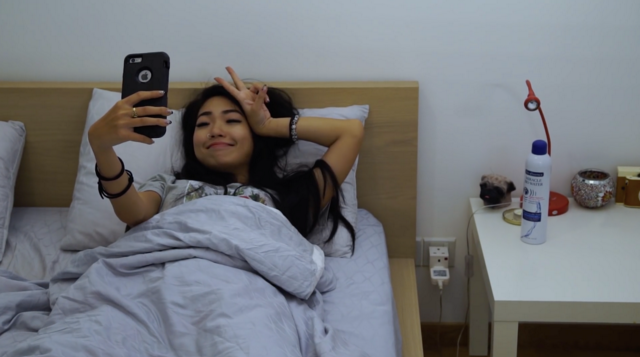 Another video, this time from Singaporean YouTube channel WahBanana!, also uses sexist tropes in its portrayal of men and women. In this video, they portray the difference between what men and women do when they wake up. These difference are inherently based on sexist stereotypes.
Another video, this time from Singaporean YouTube channel WahBanana!, also uses sexist tropes in its portrayal of men and women. In this video, they portray the difference between what men and women do when they wake up. These difference are inherently based on sexist stereotypes.
In this video, a girl is portrayed taking a few selfies to post on Instagram for her followers.
Immediately after, the girl’s actions are compared to a guy’s, who is shown to open up the Instagram app on his phone and ‘like’ the picture posted.
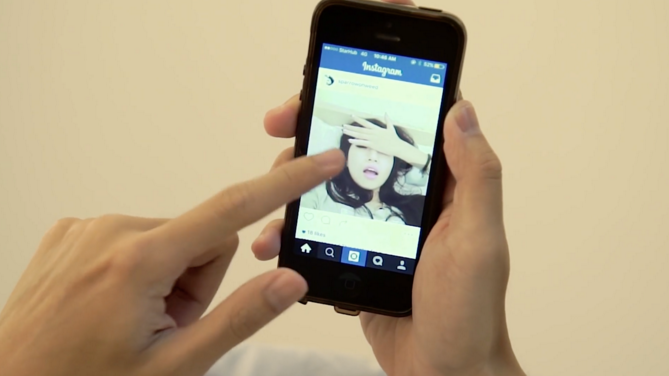 One of the most harmful messages being portrayed by the video is that the female body is solely for the consumption of others in society.
One of the most harmful messages being portrayed by the video is that the female body is solely for the consumption of others in society.
The video shows how the guy likes the girl’s picture on Instagram then scrolls past immediately. This seems to make acceptable the idea that images of woman are taken for men to feast their eyes at, almost as if women exist only for their looks and nothing else. This belief is highly damaging to women, who then model their appearances, whether they want to or not, on whether it can please the men in their life.
What I worry most about these videos is their widespread acceptance in Singaporean society. Are these videos a gruelling reminder of how despite being a nation at the forefront of many things, Singapore still remains unprogressive in how it thinks about gender equality?
We have to start talking about what the humour of these videos say about youth culture in Singapore. We should not be accepting this content into our daily lives and excusing the stereotypes that it draws from because it is intended for humour. The things we laugh about and bond over ultimately shapes the identity of our community, and I do not wish for my generation to think that sexism is a topic to be taken lightly.
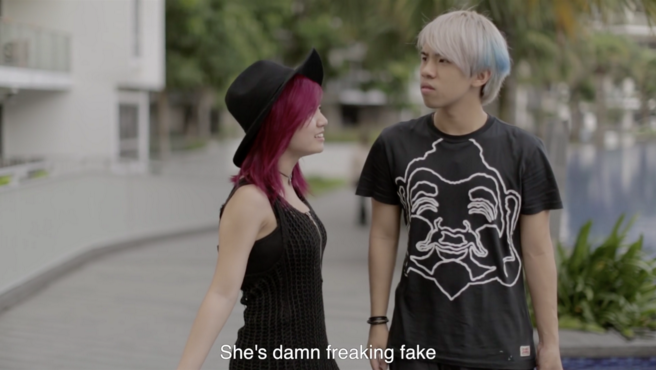



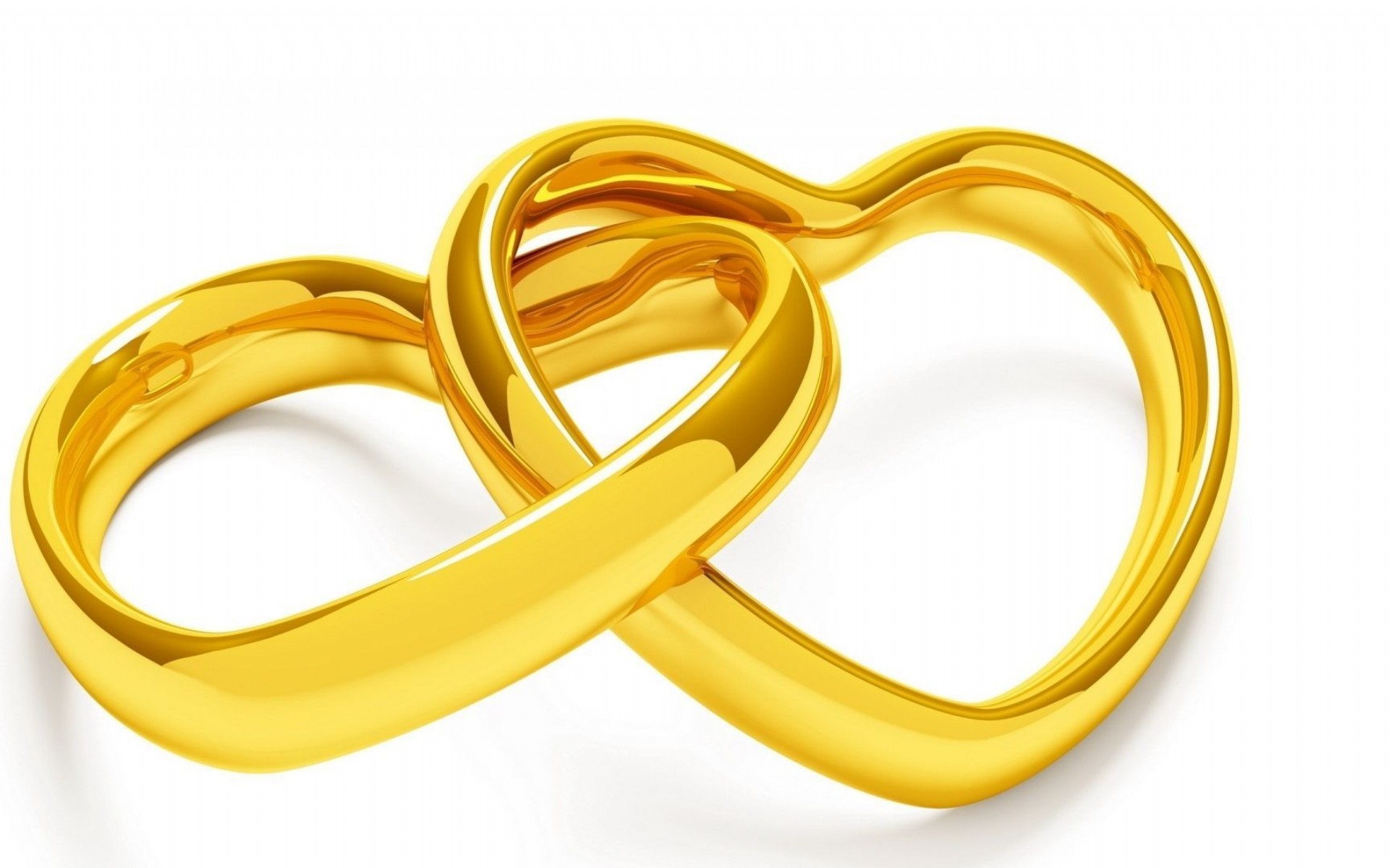
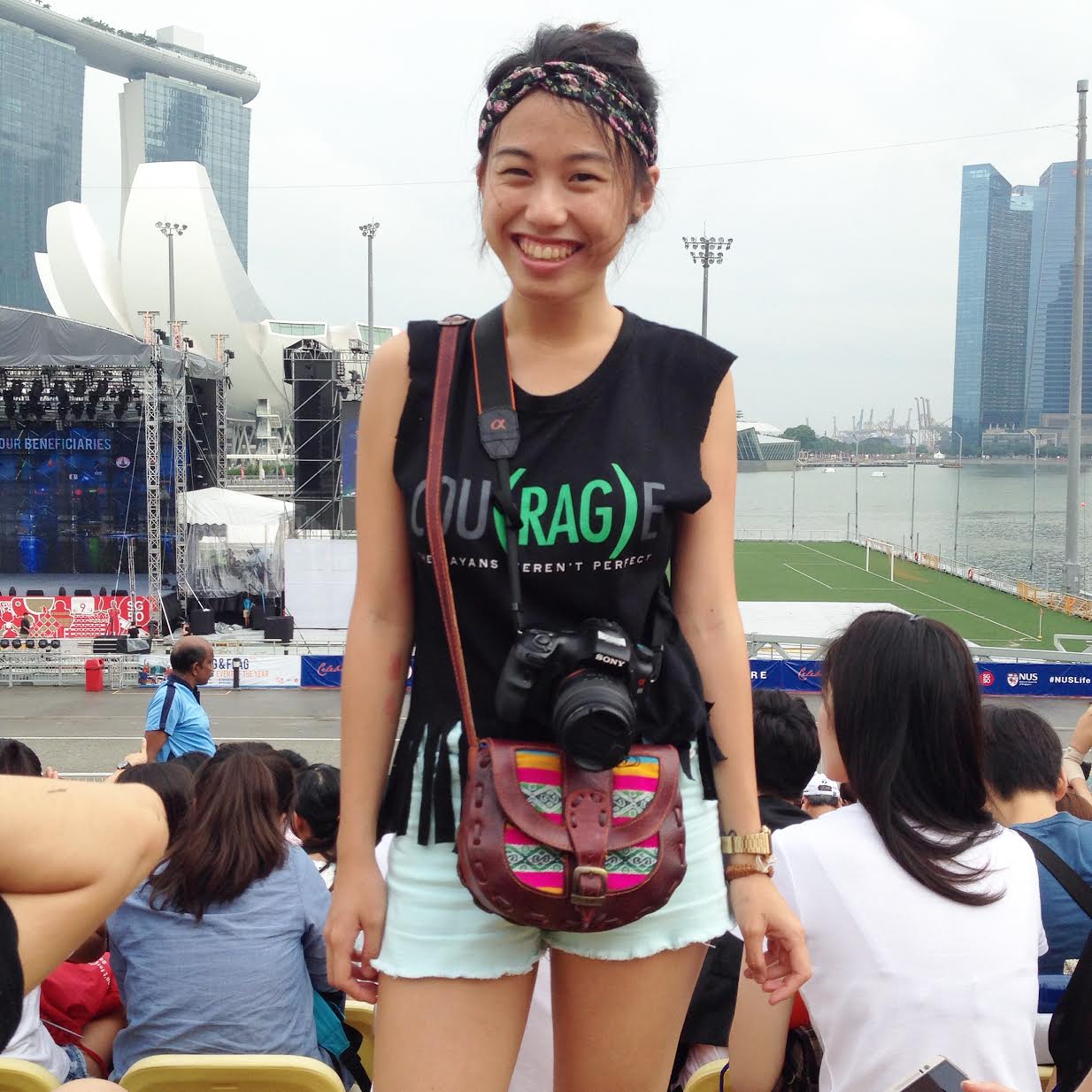
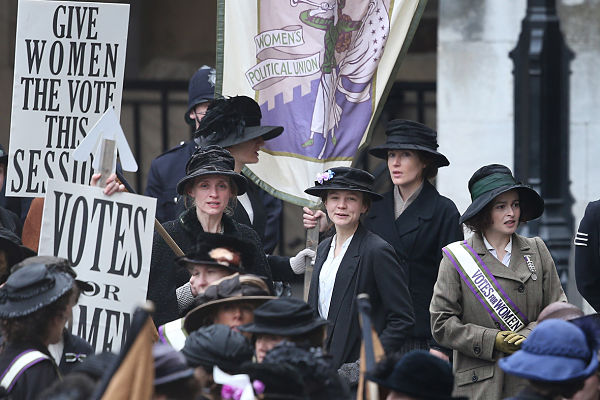
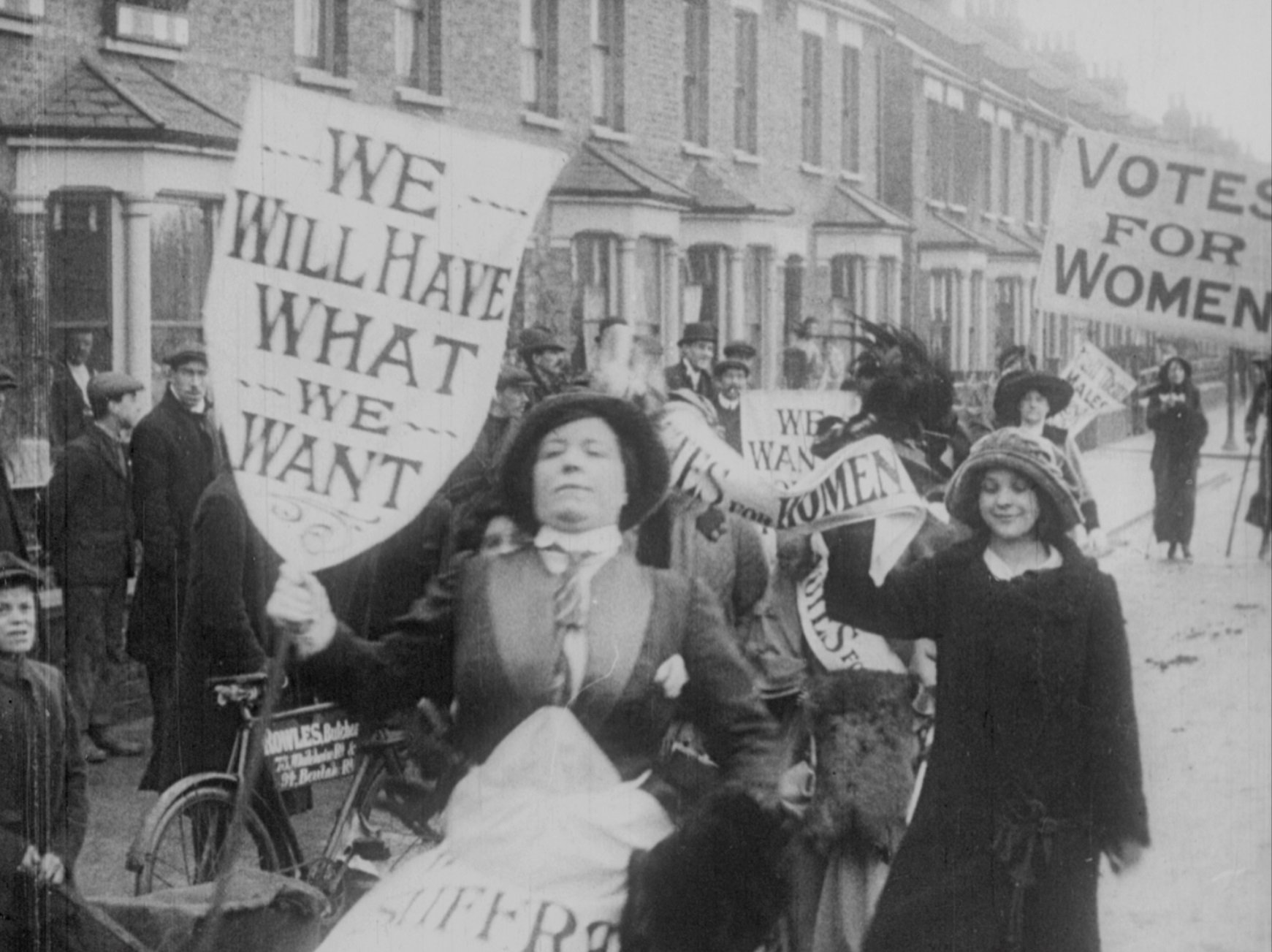 Opened in cinemas early this year, the film
Opened in cinemas early this year, the film 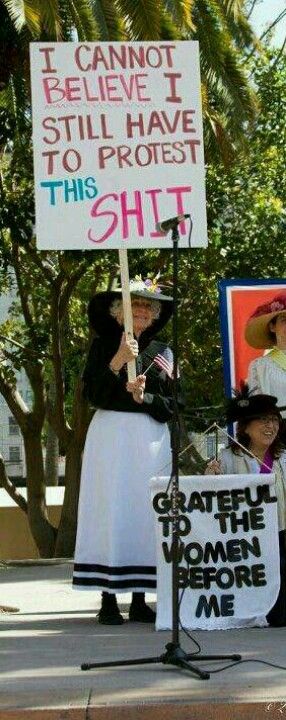




 few Sundays ago, I watched the recently released Vacation. The movie is about a family in the U.S. who, in an attempt to revitalise their annual family summer vacation, decide to go on a road trip to the father’s childhood vacation spot, the fictional amusement park ‘Wally World’.
few Sundays ago, I watched the recently released Vacation. The movie is about a family in the U.S. who, in an attempt to revitalise their annual family summer vacation, decide to go on a road trip to the father’s childhood vacation spot, the fictional amusement park ‘Wally World’.


